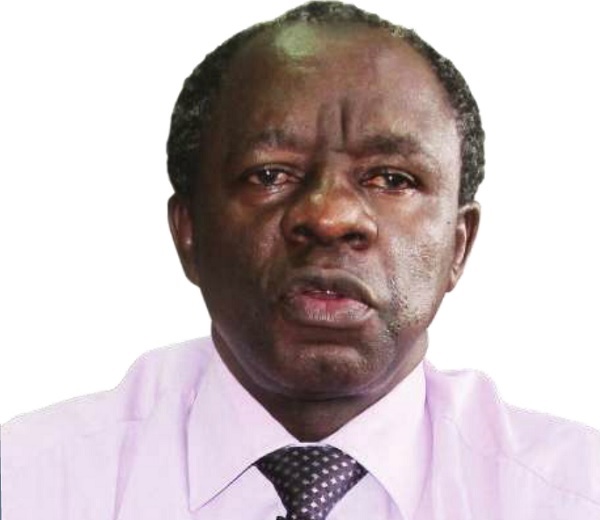
INTERVIEW: Adnan Mpuga is the Executive Director of Eastlands Agency. He spoke to Agnes E. Nantaba about trends in Uganda’s property and real estate market.
What are the key elements in your management style as a manager?
Hard work, honesty and respect for all are key elements in management. Working with me is a team of professionals and the motive behind is that it makes work execution easier because they know what and when to do it. I believe in shared responsibility because it reduces delays. At at the end of the day, I sit with my team to get updates.
What is your assessment of the real estate industry in Uganda?
We have been around for the last 21 years. Our observation shows that the industry has developed a lot and it is one of the engines that have pushed the economy to a higher level in terms of development. At one time we had only four occupied hills in Kampala (Kololo, Kibuli, Rubaga and Mengo); we now have others such as Mbuya, Naguru etc. We have seen more professionals such as builders, surveyors and engineers coming on board. There are also changing trends in residential and office-designated areas. Kololo, Muyenga, Bugolobi, Nakasero and parts of Makindye that were purely residential areas have turned into office or commercial areas for work and business. There were also areas that previously housed ambassadors, CEOs and other dignitaries, which have turned into office spaces. It is currently a challenge to locate prime residential properties for such dignitaries.
What factors influence market trends in Uganda’s property market?
Our population has grown, which has not only led to increased demand for housing facilities but also infrastructure and social services like roads, schools, hospitals and water and power supply. These play a key role in determining the market of properties. There are high chances that people will rush to occupy such areas with amenities for settlement. Security is also an important factor and as the government works hard to beef up security in the different areas, people feel secure to settle in such areas.
The property industry is experiencing a slump especially for commercial office space. What is responsible for this performance?
We are only working to harmonise the prices and make them constant. In the recent past, the prices for commercial office space were inflated scaring away potential occupants. Many property owners were asking for abnormal rates for the same size of commercial space. For instance in Nakasero, the rates are $20 per square meter although it is also going down to $15 due to higher competition. Kololo rates are at $10 – $15, and in other suburbs outside the central business district, the rates are $5 per square meter. In fact some players have resorted to offering a grace period of three months to attract tenants. New players are devising strategies to attract tenancy.
How do you maintain relevance in such a competitive market?
We have chosen to go slow as we study market trends.
Many real estate agents have shunned the city and opted for property beyond 15Km from the CDB where they can have positive financial implications. Real estate is a business that requires huge sums of capital and willingness to waste time as the property gains value. In many cases, some agents have taken loans banking on the public only to end up losing their properties due to failure to service and pay back loans. This has driven many out of business. What other challenges hamper the steady growth of the real estate industry in Uganda today?
Lack of capital and low government intervention to construct roads, extend the national grid to such areas. The land tenure system in Uganda is also a big challenge. While property agents have the idea to set up different estates and residential areas, they are failed by poor infrastructure.
Over time the real estate industry has been targeting the middle class and upper-end clients. What is your strategy for including low income earners?
It is the role of the government to plan for low income earners. Real estate agents depend largely on loans because the industry requires huge sums of capital and in such a case it is only the middle class and the rich who can buy property so players can service the loans.
What government interventions can help streamline and make the real estate and property markets more efficient in Uganda?
The government’s role is largely to put in place infrastructure such as roads and utilities. With such amenities in place, property and real estate developers will work to attract the population.
There is a high demand for housing and property in the country. How are you working to develop useable supply to match the demand?
We have the challenge to develop property that can match the growing demand yet the money in supply remains low with the poor performance of the economy.
What is your projection of the real estate industry in Uganda in the next few years?
The industry is destined for double digit growth as real estate and education remain important cultures in the country. Most Ugandans work hard to own a house – it’s a culture – and as the population increases, property developers and agents should brace for the huge demand.
 The Independent Uganda: You get the Truth we Pay the Price
The Independent Uganda: You get the Truth we Pay the Price


